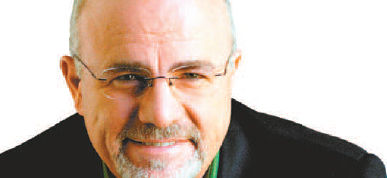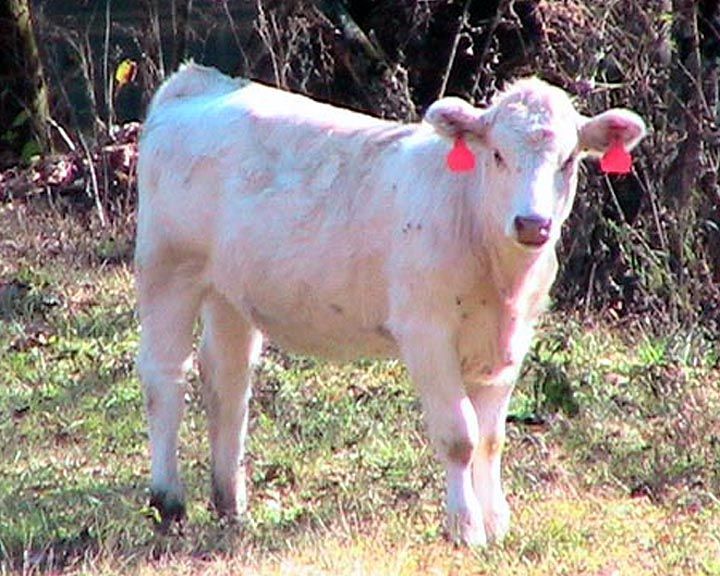
Jury convicts Houston officer in “Up Da Bayou Boyz” case in federal court
January 15, 2016
Tax refund pays for seminary school, but should it?
January 21, 2016Herdis Neil is among the last of a distinctly disappearing breed, the kind of guy who says what he means and means what he says.
Whether people at various points like or don’t like what things Herdis has to say is not the point. It is the matter of – for better or worse – you know where you stand with him. There is no hiding anything, no cloaking a message in correctness.
He just turned 69 and has no plans to retire from his various activities, which include the raising of erosion-thwarting plants, property management as in rent-houses, and cattle.
Yes, cattle.
Herdis is one of the few cattlemen left in the Bayou Region, and he’s proud of it.
With his white hair and perfect broad-brimmed, hand-made leather hat – he bought it in Mexico 20 years ago – Herdis looks every bit the part of a modern day cowboy. Bayou ranching, these days, has more to do with loading bovines onto trailers and tying to stay ahead of the latest encroachment of tidewater and storm flooding. The mode of transportation Herdis uses to tend his herds tends more toward tractors than horses, though he sits a mean saddle.
He disputes the suggestion that he is the last of his kind, noting that his four great-grandsons and seven grandchildren altogether have among them at least one member of the tribe promising to follow in his footsteps.
Andrew Bascle, who is 23, is every bit the outdoorsman his grandpa is; Herdis suggests even more so. He even owns cows, just like Herdis.
The herds of Herdis – and also Andrew – saw tragic trouble recently, reflective as much of the desperate times we live in as much as it is the precise loss that was suffered. They number between 600 and 700, grazing as they do in Montegut, sometimes in Dulac, as well as near Des Allemands. The aforementioned climate problems require that cattle be more mobile than before.
It was Friday morning when Andrew called his grandpa to tell him there was a problem with a steer. This was a glorious creature, a white Charolais. It should be noted here that the Charloais would eventually have ended up on someone’s plate; its untimely demise, likewise, did not rob it of the pleasures of bull life, as it was already altered to a steer.
It is rather the audacity of the crime that is distressing. Some time in the night, someone accosted the steer and butchered it. That’s right. Butchered the creature and left the carcass, or what remained of it, to rot.
“The only thing left was the front shoulders and the ribs, and part of the head,” Herdis said. “They got the hindquarters and the T-bones and the rib eye.”
It’s not the first time Herdis has lost one of his herd, but rustlers in the past have made off with hoof and all.
“If somebody needed the meat, needed a cow, if their food stamps had run out, I would have given it to them,” said Herdis, when explaining the sense of violation that comes from having a steer butchered right out from under you.
Not a man to take the law into his own hands, Herdis reported the slaughter to the sheriff. He’ll be watching his cattle more closely now, and notes that the law still very much sides with folks who are protecting their property from thieves if they take action during a violation.
“They ought to hang those bastards if they can catch them,” said Herdis. “This is a lot of what causes hate in regards to landowners versus the rest of the population.”
Despite the insult of losing the beef – including the rustling of 70 head from a field in Bayou Gauche not that long ago – Herdis says he’s determined to keep on raising cattle, a practice that is something more to him than either pastime or business.
“I love to do what I do and I am never going to retire,” he said. “That’s my plan.”
Then he had to go. There were plans that to be made. The remains of the Charolais had to be dealt with, before the buzzards started coming around. •








